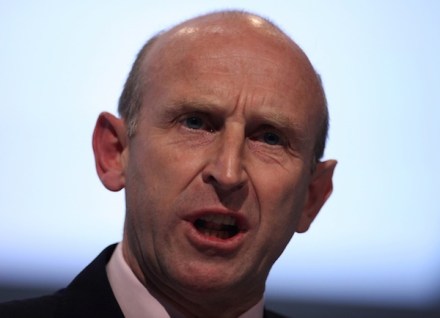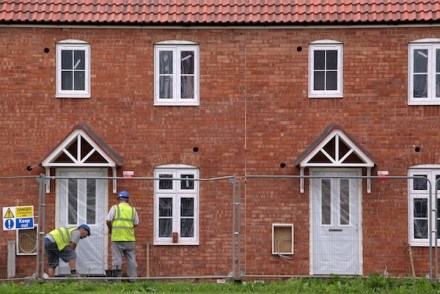The private rented sector is blocking aspiration and isolating families
The private rented sector is no longer fit for the people it now serves. Almost half of those renting are over 35, and the proportion of privately rented homes has rocketed by 69 per cent. As MPs debate standards in the sector this afternoon, we’ll have to recognise that it isn’t just Neil and the Young Ones, but families who typify this part of the market, and it needs to change to recognise that. The default tenancy is the Assured Shorthold Tenancy, which allows landlords and tenants to enter into short-term agreements with regular rent reviews and the ability for either party to break after six months with one month’s




















